
as much as i’ve put my active and timely research on my appropriated theme ‘from Robots to Puppets’ on hold for a bit to focus more on my upcoming talk for MassArt’s Thursday Night Lecture Series in February 2014, a recent Google purchase of the local robotics firm Boston Dynamics brings me back to the cyberSurreal nest so delicately affixed to the roof of our self-driving car
as we enjoy the scenery on our adventures through the uncanny valley into the post-humanity i can’t help but notice some of us are far too busy watching the latest episode of Spongebob Squarepants on the mini-TV mounted for everyone comfortably sitting in the backseat — and evermore of us are also mediasnacking and lifestreaming away on our nearly-irresistible little second screen mobile devices just Liking and Commenting and Sharing away the time while i keep my bionic eye positioned to take in the rapid-approaching horizon in our continually sinkholing Grand Canyon of evolutionary strangeness into this, these advancements into our supposed progress toward the inevitable future
Slate columnist Mark O’Connell nicely ponders a bit about Google’s recent surge of acquisitions and activities in their Google X initiatives in his article I, Frankenstein: The uncanny, human inhumanity of Boston Dynamics’ androids
the article nicely gets any newbie to this circus of the uncanny valley up-to-speed with the concept and the history of our delightful journey with the tools, tricks and technologies that push us forward with an interesting, financially-confounded influence into the glory of our future machine-fueled, self-invented post-humanics that also simultaneously frightens us with a strange unease, uncertainty and downright fright-or-flight-like fear
i personally don’t understand why we don’t better trust these negative gut reactions we get to spooky robotics syndrome
after all, unlike robots, we’ve been blessed with these amazing mystical senses that reach far beyond any reasonable scientific explanation that typically act as a means to help the very survival of our species — for some reason when you throw a little pro-economic success incentives into the mix we simply seem to shit our pants, ignore the hot mess and smell, clamp down and keep at it until we get to these awkward points of no return
sad enough for me — since i’ve been researching in this area for a while now — i no longer get the roboNausea that O’Connell describes in his brilliant article
none of this even surprises me anymore
not even the transparent and obvious reasons why the government-induced funding into research and activity such as designing and developing robotics for war and other destruction-based regulation of people — none of this, unfortunately, shocks me or produces the same emotional-electric response in the gut that O’Connell describes in I, Frankenstein
i’m more than a little desensitized to it all at this point
which is one of the scariest factors in this entire ordeal i’ve been investigating
i think O’Connell actually hits the robotic nail on the wireless, automated head in I, Frankenstein — he picks up on and expresses the very core point that i want to make with from Robots to Puppets when all is said and researched and done, which is this notion of a continuum between the flesh and blood and the digital-robotic mechanism of the future we’re inventing — that as well as the notion that there’s a less-than-subtle flip thats coming along with all of our interesting developments in the name of human progress
one of O’Connell’s passages nicely sums up the give-take paradigm flip that i’ve been feeling lately regarding our technologies:
But there is something about WildCat’s uncanny dressage, about BigDog’s insectile scuttle, that encapsulates a certain kind of anxious ambivalence about technology — about where we might be taking it, where it might be taking us.
i sometimes unfairly return to researching the original promise and intent that our life-long devotion to these technological endeavors began with a long, long time ago
and it almost seems like we’re mysteriously all now on auto-pilot — we’ve forgotten the mission and the real value these things we make were supposed to provide for humanity
the original human promise of technology purely offered up a utopian vision where machines would create more comfortable and convenient lives for people — and the new ease from physically-burdensome and sometimes humanly-impossible feats of strength and reasonable, natural endurance that our technological advancement originally promised to provide us would then, in theory, free up human beings from the more menial and task-oriented aspects of modernday life and free us all up to enjoy spending the new majority of our daily lives pursuing more leisurely, creative and intellectual activities that human beings enjoy more and actually do better than our wired-up, electronic-robotic, technological counterparts
this dream-vision for our relationship with technology and the entire reason for its advancement as conjured up through many of the internationally-held, corporate-sponsored World’s Fair events early on in the twentieth century told an extremely enticing story and always seemed to point toward the time-saving and miraculous advantages real living human beings would enjoy as the fruits of our collective innovative labor toward building that technohumanic utopian future

however
call it a dream deferred or the titty-twister of a sidespin on the original promise made by our technological dreamscapes gone wild — more often than not, the human benefit gets lost along the way and gets marginalized to advance destructive, power-based initiatives
with nuclear energy and experiments with atom-splitting at the microscopic level, for instance, instead of producing the originally-promised global benefit of these new sources of energy that were supposedly going to change the world in a positive way forever, we ended up with one of the most destructive nightmares humanity may have ever witnessed during our short-lived history on this planet
i think the part that simultaneously fascinates and horrifies me about all of this — the original idealistic promise of our inventiveness through our tools and technologies as well as the eventual, actual use for both good and bad that these technologies ultimately result in — is the where it might be taking us part of O’Connell’s amazing snapshot on where we’re at with modernday robotics { these supposedly artificial intelligences }. And to so poignantly allude to Doctor Frankenstein and the kind of monster he made by trying to play god in the scientific laboratory — what more appropriate metaphor could there be for the Devo-esque marching automatonic soldier we see in the footage of Petman?
just look at the elegant movement of Petman on his treadmill and get a sense of the graceful manner in which modernday technologists imitate the very elegant movement of a realistic-looking person — don’t take your eyes away from the video for too, too long for you might get confused and think you’re witnessing the beautiful dance of a ballerina on her walk-cycle commute through a cityScape of imaginary futuristic stageSpace to the factory where she will undoubtably sit on the assembly line to create the new wetware human race for the posthumanity
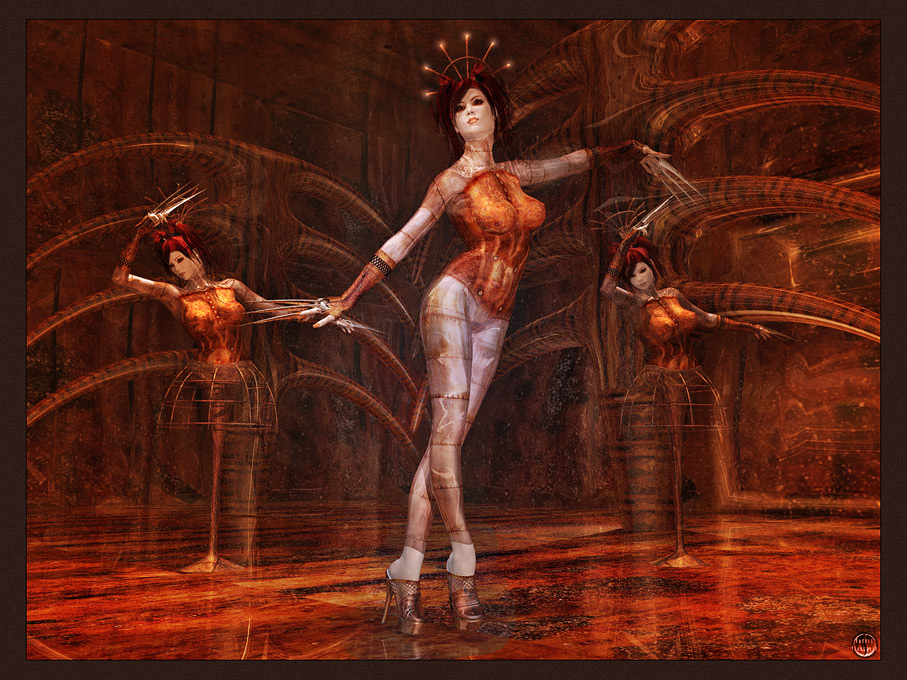
we sometimes seem to pursue the next best thing for the sake of the thing, for the very sake of advancement itself, as if a sabertooth tiger were still just about to pounce on our little cavebound tribal families and we simply still need to develop new tools and tricks to survive in the world — so we’re suddenly graced by the Steve Jobs Gods with the iPhone 7S+ with High Density viewport and some unnecessary new combination thumbprint and retinal scan encryption capabilities even though the market is already over-saturated with these devices and the genuine human need goes beyond the gadgetry
we are already outnumbered by our devices
its no surprise to me that this Christmas Seasons numbers disappointed the economic needs of the world — there’s a much lower need to tech the halls than the industry might want as a means to perpetuate a globally-failing hedge bet on things over people
we need to start investing more in people now
our inventions are fantastic, yes, i agree — but we’ve put the direct worth of our humanity on hold for long enough and now its time to return to the flesh and the blood and the mysterious
no, no, no — i’m not talking about Jesus Christ for ChrisSakes!
we’ve plenty of major waves of religious zealotry now and enoughs enough, right? a Science-centered take on the world, after all, is just another form of religion — its just another mysterious guiding light that worships knowledge and information over other more esoteric explanations for the chaos and disorder we need to face in life as human beings — and its been a wonderful little trip, but i honestly feel with all my heart and soul that now is the time to look inside and trust that the next step forward for our evolution as humanity has nothing to do with a posthumanity or with The Singularity and other science fictionalizations of where we’re headed
we don’t need to blindly follow
the sad techno-fate put before us
in fact, to blindly follow the techno-economic breadcrumb trail into the posthumanity would simply be wrong — it would be giving up on humanity and on the real power of who we are as people in the universe — our fate should be far greater than to merely merge with the machines we create and re-imagine ourselves through the oversimplified Big Data translation of everything while forgetting what we really know to be true about humanity and the universe we live in — i actually don’t understand when Science began to forget some of the key qualitative and more biological earth scientific learnings and discoveries we’ve made to-date and why we’re no longer focused on this investigative sense of discovery
we’ve following the technological subconscious now for long enough and we know the way its shown us
our devices tend to unleash our inner depths — both the extreme goods and bads — and we’ve followed the very paths technology leads us to and we’ve now seen how grim and disconnected our innermost nature as people can truly be — its frightening to see, but the lowest behaviors we see are not due to the apps and gadgets but instead are interesting enablers to unleash our true psyche as a people in The 21st Century — we are ultimately responsible for our own behavior, good and bad
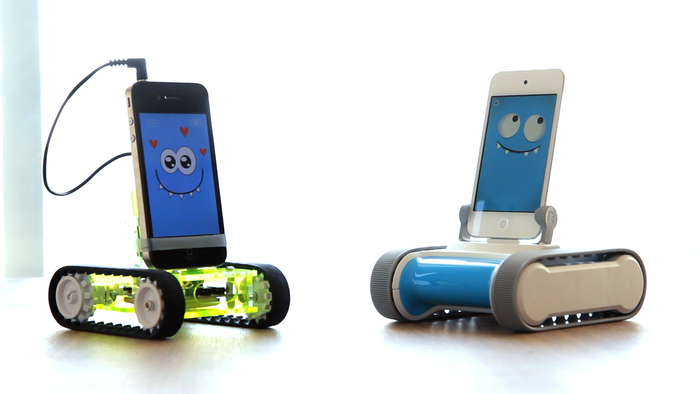
now, i’m not totally unrealistic about all of this — i don’t expect that society at large is just going to stop international production of smartphones and tablets and robots and technologies of all shapes, sorts and sizes, and, in fact, that’s not at all what i’m trying to get at with my reflections on the I, Frankenstein article anyways
the march of techno-madness must continue and it will
in fact, i insist upon it!
i just believe with all of who i am that some of us must start to explore the extremes of another way — a more balanced and human way — and we must now, more than ever, advocate for everything that it means to actually be human
i’m not even aspiring to become some sort of neo-luddite that lives a life disconnected from all the conveniences and distractions of our modernday technologies
but i do believe we’re not on-track with the original promise of our technological advancements and i personally want to not only get back on track on the side of our progress through technology, but i also want to explore other ways that people can progress with or without the involvement of technology
we’ve got a lot to learn and we’ve got so much more to do — and i believe a lot of what we need to work on as a global, interdependent human organism is far more steeped in self-awareness and consciousness than in technology and systems that profoundly exploit our subconscious weaknesses as mortal animals of society
instead of focusing on artificial intelligence,
i suggest we focus on intelligence
and perhaps, better yet, instead of intelligence, wisdom
the focus will need to start as a personal, individual initiative for those that want to this other way
we will all most likely discover very individual details and wisdoms inside of each of us, but these individual wisdoms will be so important as to transcend to a more universal place
and instead of optimizing our external inventions of wire and steel and plastic and microchips, new means to focus on and explore our inner selves might just move us nicely away from the target of our eventual post-humanity to something we seemed to miss the mark on entirely


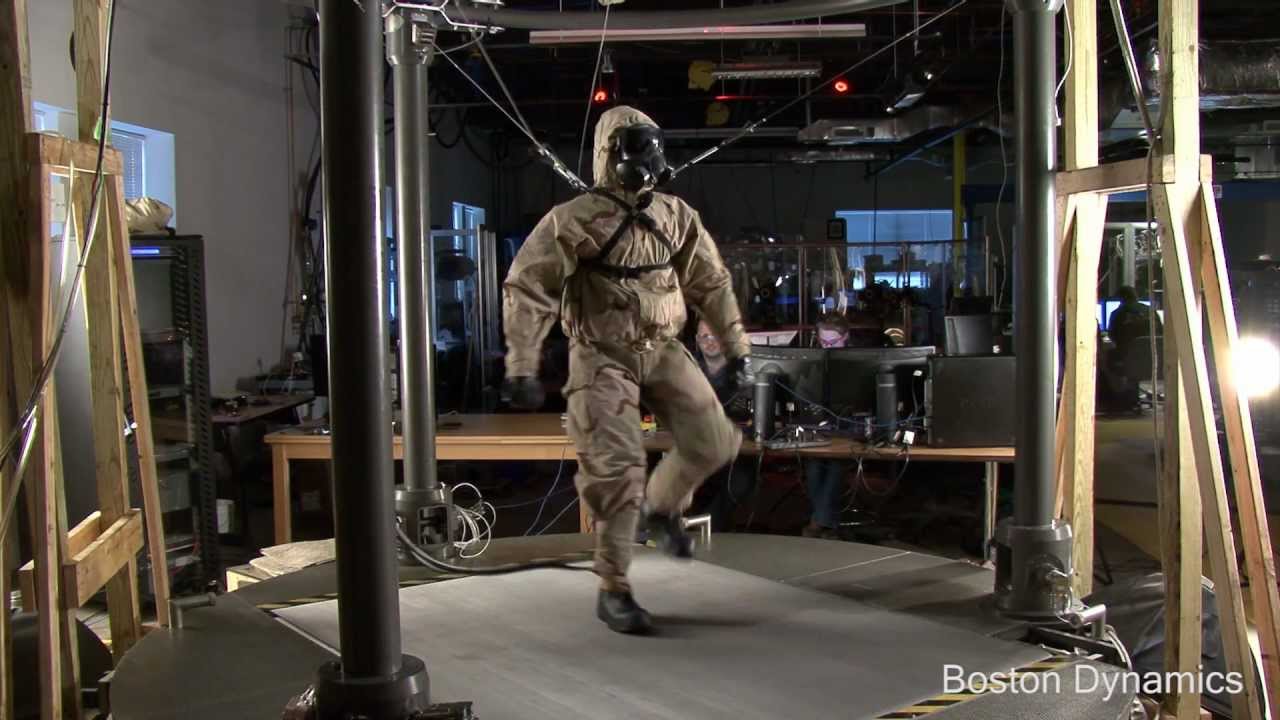
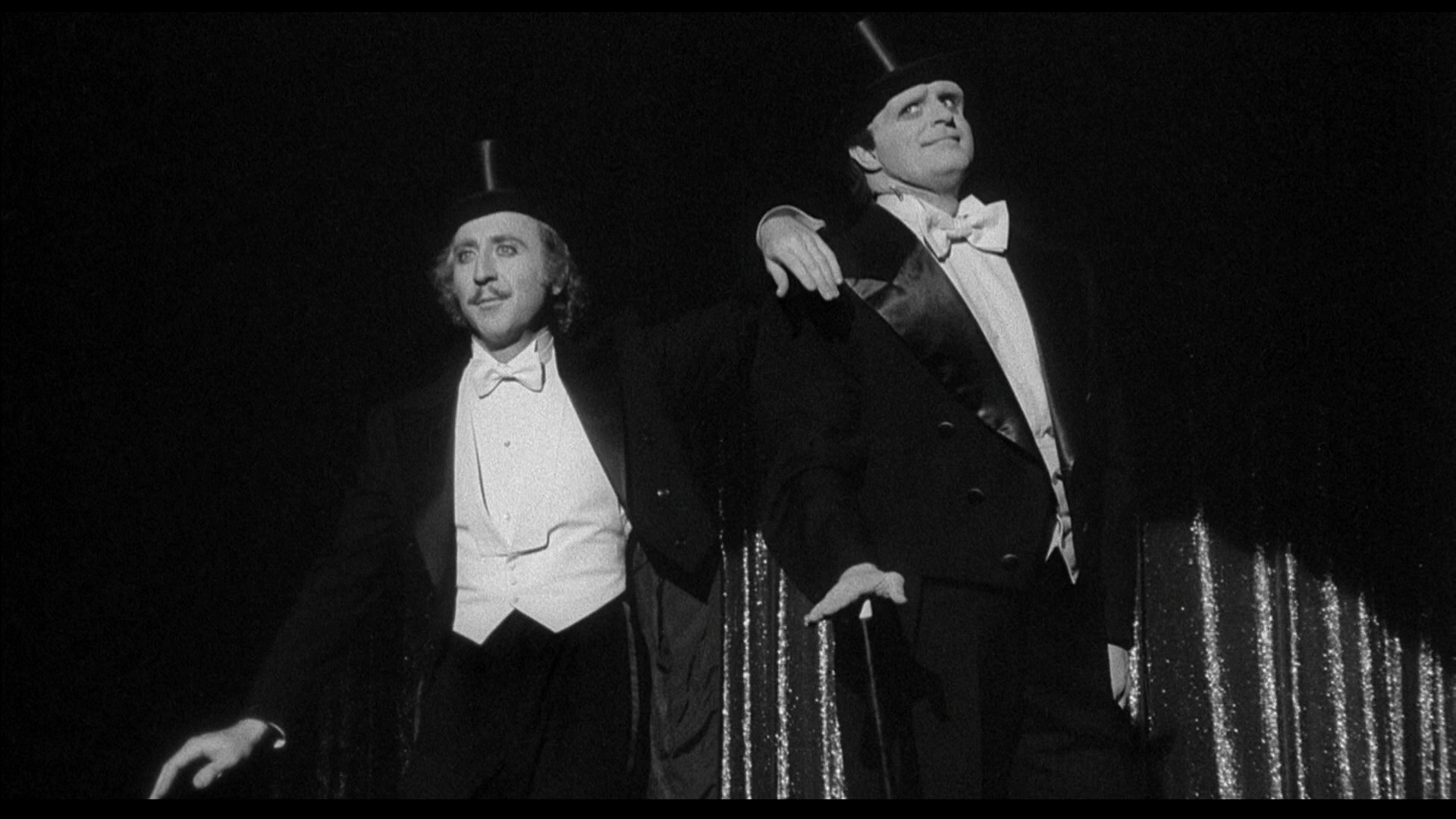

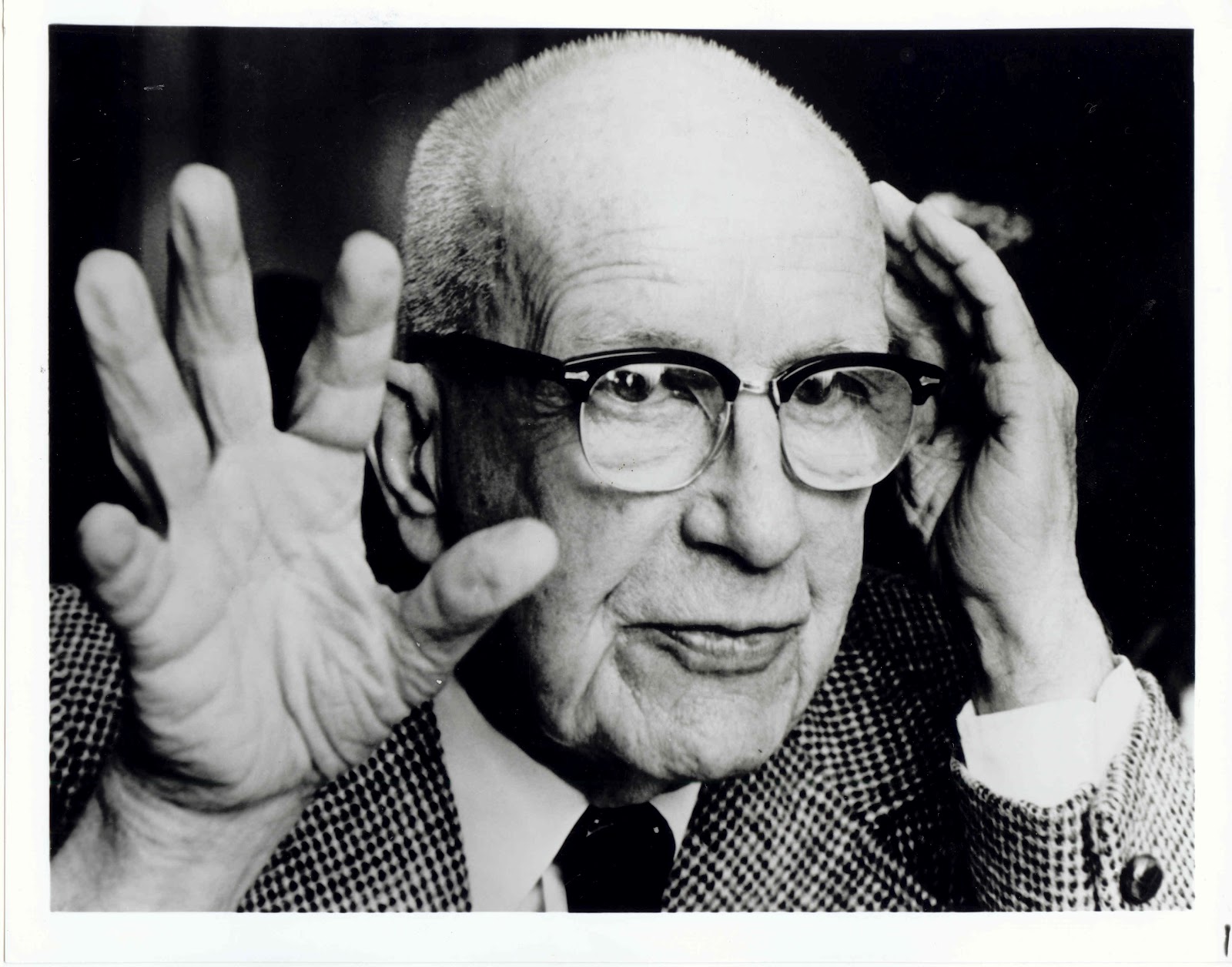



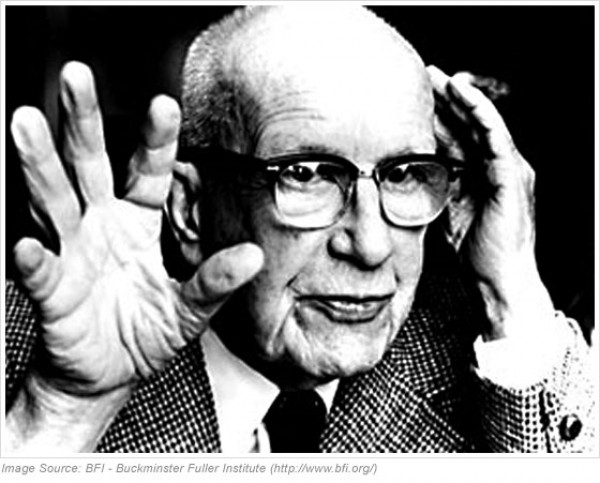


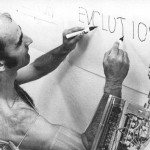






 See puppet defined for English-language learners »
See puppet defined for English-language learners »